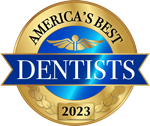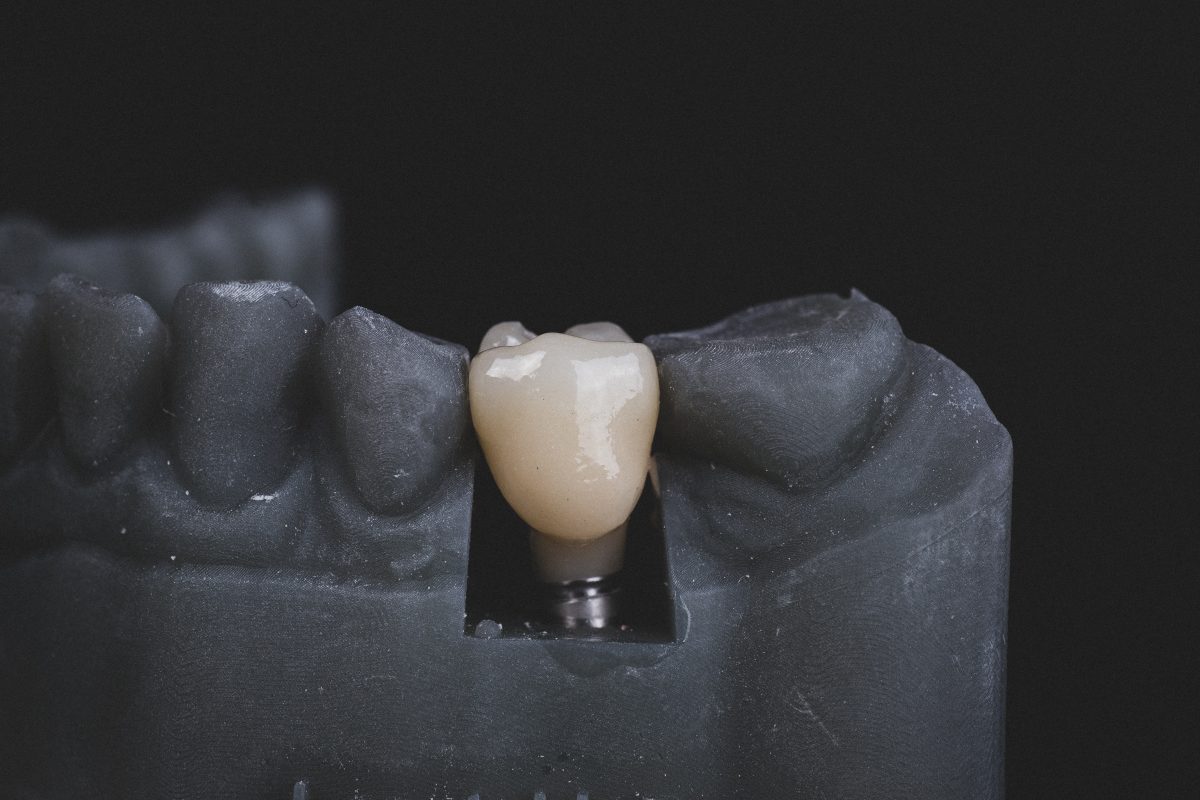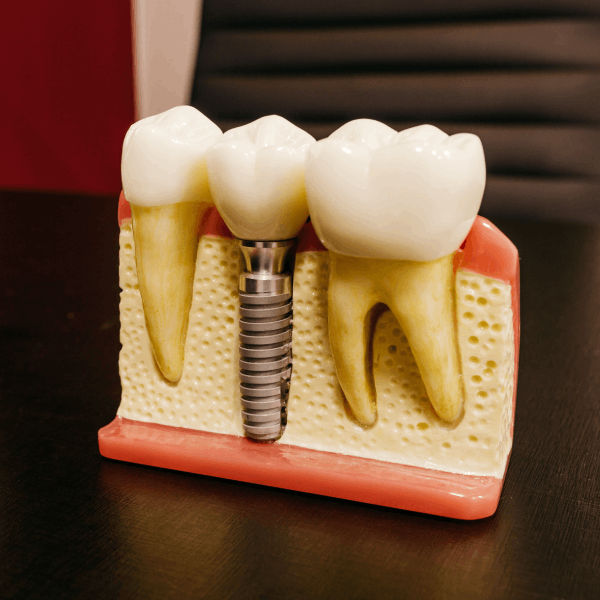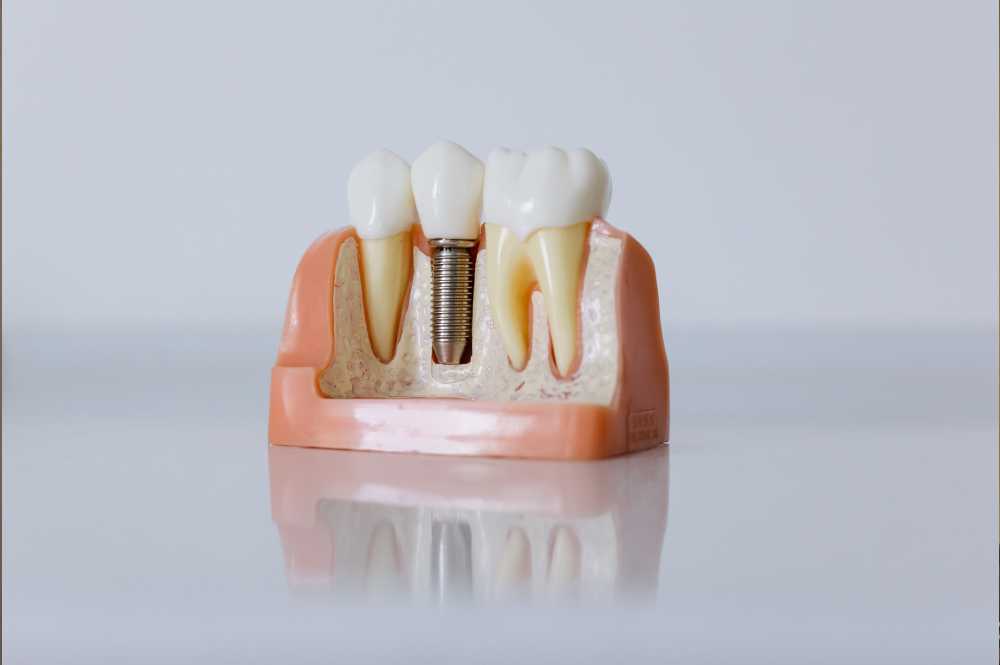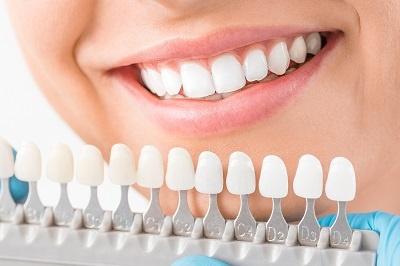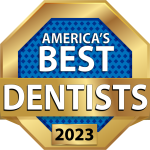How Do Dental Implants Work?
You may have heard of dental implants but if you’re not sure what they are or what they do, you can find out more below. Lakewood dentists Callahan & Klein Dental have also created a comprehensive guide to dental implants if you need any further information.
The Purpose of Dental Implants
A dental implant, while it sounds like a whole replacement tooth, actually refers to the titanium post that’s implanted into your jawbone. This is used as an anchor to attach to a crown or other dental work. The purpose of the dental implant is to replace the root of the missing or removed tooth. Without a tooth and root in place, your jawbone will start to lose density, surrounding teeth will shift and your face will lose support. Dental implants can stimulate and maintain the jawbone and fuse with it over time, providing a solid and secure base for a crown or other dental work such as implant dentures.
What Is The Procedure For Getting Dental Implants?
Getting dental implants can be a long procedure, typically taking at least a few months from start to finish. The reason it takes so long is that the jawbone needs to heal around the implant first before next steps can be taken. Here’s a rundown of the usual procedure after it’s been decided that an implant will be placed:
- 1) The area is prepped for the implant by removing a tooth if necessary.
- 2) If the jawbone isn’t strong enough, bone grafting may be carried out first.
- 3) The newest digital technology is used to virtually place the implant before the surgery to minimize risk.
- 4) A custom surgical guide is created based on the virtual placing of the implant.
- 5) After an appointment is set up, the dental implant is surgically placed deep in the empty socket.
- 6) The jawbone fuses with the implant and healing takes place.
- 7) A small connecting piece called an abutment is added and healing takes place again, although this can sometimes be added at the same time as the implant.
- 8) The artificial crown is attached.
Eventually you will have a fully functional, natural looking tooth.
Advantages of Dental Implants
Dental implants are the preferred way to replace teeth for several reasons:
- They offer an extremely strong base to attach a crown, fixed bridge or denture.
- Titanium is biocompatible and should last a lifetime.
- Dental implants replace a tooth root and replicate its function, keeping surrounding teeth and your jawbone healthy.
- They are permanent so you only need to replace the crown if necessary.
- With a good oral healthcare routine, they are easy to care for.
Disadvantages of Dental Implants
Here are some things to be aware of when it comes to getting dental implants:
- Not everyone is a candidate for dental implants.
- Your jawbone needs to be able to support the implant. If bone grafting is not successful, an implant cannot be placed.
- As with all surgeries, there is a small risk of infection or injury. This is minimized with the advanced procedure of placing dental implants that Callahan and Klein Dentistry uses.
- The process can take many months from start to finish.
- The implant may not fuse correctly, however, your dentist may be able to try again after a few months.
Interested in Dental Implants?
If you want to find out more about dental implants, contact your dentist to schedule a consultation. Patients in Lakewood, CO, can call the dental implant professionals at Callahan & Klein Dental for a permanent, aesthetically pleasing way to fix your smile.

